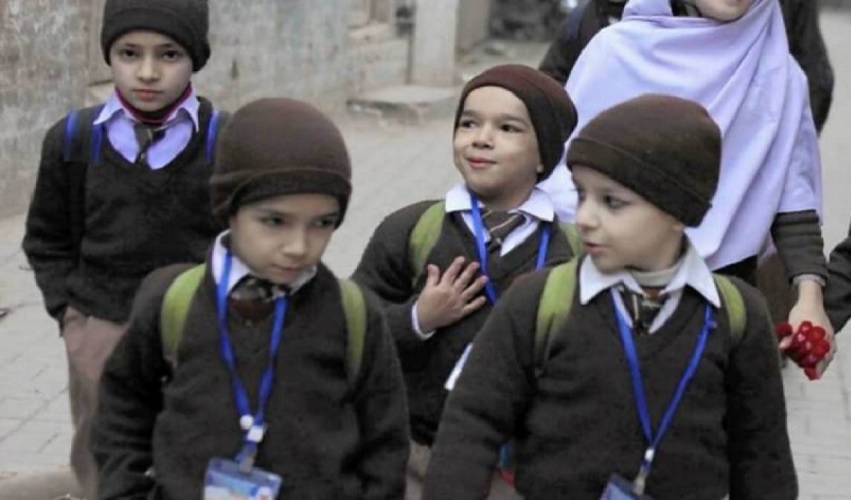The Qadi of the Shari’ah Court of Appeal in Kwara State, Justice Abdurraheem Sayi, has asserted that Muslims in Nigeria’s South-West region do not require government or traditional rulers’ approval to establish and operate Shari’ah arbitration panels.
Speaking at the 30th Pre-Ramadan Lecture organized by the University of Lagos Muslim Alumni (UMA) at the J.F. Ade Ajayi Auditorium, UNILAG, Justice Sayi dismissed objections to the panels as legally unfounded. The lecture, themed “The Transformative Power of Ramadan,” was attended by top dignitaries, including Lagos State Deputy Governor Obafemi Hamzat and Ogun State Deputy Governor Noimot Salako.
Justice Sayi emphasized that arbitration is a contractual process that does not fall under the jurisdiction of state authorities. “There is no ambiguity in the Nigerian Constitution regarding arbitration. It is a private agreement that does not require government endorsement,” he stated.
READ MORE: Catholic Church Warns Against Possible Religious Tensions Over Sharia Law in Southwest Nigeria
Citing the Arbitration and Mediation Act of 2023, the judge clarified that private entities have the legal right to establish arbitral panels, which operate independently of government control. He stressed that Shari’ah panels function within this framework and are not subject to interference from religious or traditional leaders.

“We do not need approval from any state government or monarch. Various organizations, including political parties, set up committees to resolve internal disputes. Similarly, Muslim arbitration panels operate lawfully within mosques,” he explained.
READ MORE: Oluwo Advocates for Sharia Law Implementation in South-West Nigeria
Justice Sayi further pointed out that in Lagos, Shari’ah arbitration has been instrumental in resolving family and personal disputes. He revealed that some High Court judges have referred cases to independent Shari’ah panels when conventional courts lacked jurisdiction.
Raising concerns about the absence of legal structures catering to Muslim family law in the South-West, he questioned why states with significant Muslim populations—such as Lagos, Osun, and Ogun—lack official Shari’ah courts. “Muslims in these states deserve a legal system that reflects their religious beliefs, particularly in matters of marriage, child custody, and inheritance,” he said.
READ MORE: Southwest Islamic Scholars Assert: Shari’ah Courts Serve Only the Muslim Community
He emphasized that Shari’ah arbitration is voluntary, but its decisions become binding once individuals choose to participate. He called on South-West governments to acknowledge the rights of Muslims and facilitate the establishment of legal mechanisms aligned with Islamic principles.
At the same event, Professor Mashood Baderin of the School of Oriental and African Studies, University of London, delivered a lecture on “Islam at the Intersection of Humanity and Religion.” He encouraged Muslims to uphold their faith in ways that contribute positively to society, including through regular observance of prayers and ethical conduct.



